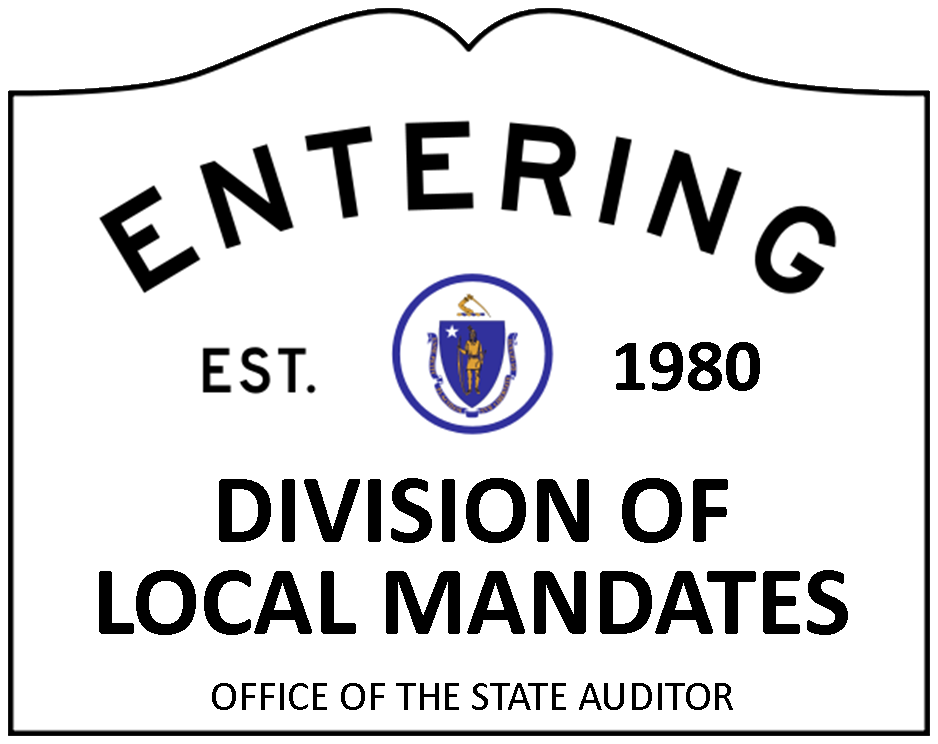- Office of State Auditor Suzanne M. Bump
- Division of Local Mandates
Media Contact
Mike Wessler, Communications Director
Boston — Today State Auditor Suzanne M. Bump released an opinion letter determining that state government must pay for the alternative education services that local school districts will have to provide for certain students who have been expelled or suspended from school.
“The Legislature has acted to address a legitimate need for access to education for students who have been removed from school for disciplinary reasons,” said Auditor Bump. “This new requirement, however, does mandate programs that will cause school systems to incur new costs. I hope this determination will aid the Department of Elementary and Secondary Education in its effective implementation.”
Signed into law last year, Chapter 222, An Act Relative to Student Access to Educational Services and Exclusion from School, requires local school districts to provide access to education alternatives for students who are either expelled or suspended for more than ten consecutive school days. The law, which does not take effect until July 1, 2014, was created with the intention to maintain a student’s access to education and to help prevent students from dropping out. According to the Department of Elementary and Secondary Education (DESE), school districts reported approximately 30,748 out-of-school exclusions last school year for non-special education students for time periods spanning a fraction of one day to permanent expulsions. The total number of suspensions for more than 10 days has not been calculated.
Under the Local Mandate Law, M.G.L c.29, § 27C, any post-1980 state law or regulation that imposes additional costs upon any municipality must either be fully funded by the Commonwealth or be subject to local acceptance. Auditor Bump’s Division of Local Mandates is responsible for determining the local financial impact of proposed or existing state mandates.
At the request of the school districts of Leverett and Ashburnham-Westminster, Auditor Bump analyzed the funding mechanisms in the new law. She determined that existing so-called Chapter 70 education funds fell short of meeting the standards of the local mandate law, and that an alternative mechanism would also fall short of covering anticipated costs.
For example, if the law was in effect today the state would not provide a school district with additional funding for complying with Chapter 222 until a per student cost exceeded $38,916. In her letter, Auditor Bump expressed doubt that the costs for alternative programing would regularly reach such a threshold.
Since the law has not taken effect and plans are being formed for its implementation, Auditor Bump issued today’s letter with the intention to assist DESE and the Legislature in its preparations.
The Office of the State Auditor conducts technical and performance assessments of state government programs, departments, agencies, authorities, contracts, and vendors. With its reports, the OSA issues recommendations to improve accountability, efficiency, and transparency.
Read Bump's letter to Leverett here.
Read Bump's letter to Ashburnham-Westminster here.
###
